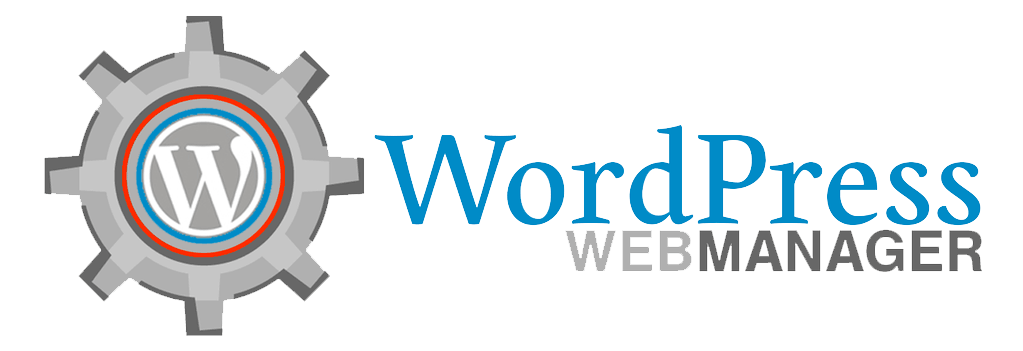WordPress Website Management
There are several reasons why you may need WordPress website management services:
- Website maintenance: Regular updates and maintenance are necessary to keep your website secure and running smoothly.
- Security: With a website management service, you can ensure that your website is protected against hackers and other security threats.
- Performance optimization: WordPress website management service can help optimize your website’s performance, resulting in faster loading times and a better user experience.
- Backup and disaster recovery: WordPress Website management services often include backup and disaster recovery to ensure that your website can be quickly restored in the event of an issue.
- Ongoing support: A WordPress management service can provide ongoing support and assistance with any issues or changes that you may need for your website.
- SEO and analytics: Website management services can help optimize your website for search engines, and provide analytics to help you understand how people are using your website and make data-driven decisions.
Tell Me More
WordPress Website Security
WordPress website security is essential to protect your website from hackers, malware, and other security threats. Here are some ways to secure your WordPress website:
- Use strong passwords: Use a strong and unique password for your WordPress admin account and for any other accounts associated with your website.
- Keep WordPress and plugins up to date: Regularly update WordPress and any plugins you have installed to ensure that you have the latest security patches.
- Use a security plugin: Install a security plugin such as Wordfence, iThemes Security, or Sucuri Security, which can help protect your website from common threats.
- Use a firewall: A firewall can help protect your website from malicious traffic and hackers.
- Limit login attempts: Limit the number of login attempts that can be made to your website to prevent brute force attacks.
- Use SSL: Secure Sockets Layer (SSL) encryption can help protect sensitive information, such as login credentials and credit card information, transmitted on your website.
- Regularly backups your website: Regularly back up your website so that you can quickly restore it in the event of a security breach or other problem.
- Monitor your website: Regularly monitor your website for suspicious activity and take action if you notice anything unusual.
- Educate yourself: Stay informed about the latest security threats and best practices for securing WordPress websites.
It is important to note that security is an ongoing process, and you should regularly review and update your website’s security measures to ensure that it stays protected.





